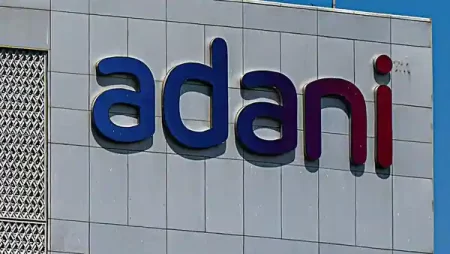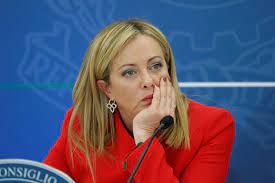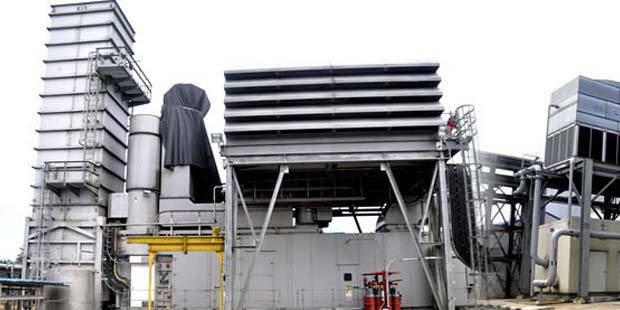OSCARLINE ONWUEMENYI
The Nigerian Electricity Regulatory Commission, NERC, on Tuesday informed Chief Executive Officers of electricity distribution companies that the last schedule of the 2008/2013 regime of Multi Year Tariff Order (MYTO) will be operational as from July 1, 2011.
This development will see to a marginal increase in kilowatt hour of electricity from N8.50 to N10.00 from that date.
Commenting on the development, NERC Chairman, Dr. Sam Amadi said, “The marginal increase was since approved in 2008 and we have the responsibility to inform the public as part of our commitment to transparency.”
The Commission in its notice to Chief Executive Officers of electricity distribution companies of the take off date of 2011 schedule warned them to ensure improved service delivery to their customers.
“The Commission hereby reminds you of the responsibilities owed to your customers particularly as regards its guidelines on Customer Complaints Handling, Connection and Disconnection Procedures, Customer Service Standards of Performance and Meter Reading.
“We will be resolute and uncompromising in ensuring compliance and imposing sanctions on Chief Executive Officers and Managers of companies that fall short of the required standards,” the Commission said.
NERC in 2008 introduced MYTO to ensure that prices of electricity are predictable and to mobilize the required funds to the industry by attracting needed private sector investments through a tariff system that ensures fair return on investment, while protecting customers against profiteering.
The NERC Chairman who been meeting with CEOs of Distribution Companies (DISCOs) on the MYTO Review and Power Consumer Assistance Fund (PCAF), also said it was important to properly situate the role of the operators in the administration of the palliative fund once the review takes effect.
Amadi explained that the execution of the PCAF was essential to the success of the electricity tariff review since it was intricately woven into the MYTO review process, adding that the meeting was organized to have closer discussion with the DISCOs which are the most important players in the sector.
He said, “There is need to begin consultation with stakeholders to determine the framework for the Fund, such as determining who is qualified to benefit from it and who is not.
“If you are announcing the new tariff in July, it is important to understand what the nature of the subsidy would be, the impact of the subsidy withdrawal and the disbursement of the Fund, and whether we should allow the consumers bear the full brunt of whatever the price review is.”
Amadi pointed out that there is so much controversy over the viability of subsidy in the electricity sector, stating that while many think the subsidy should be removed to allow efficiency and market forces dictate profit, others think it can be designed differently to mitigate the shock of tariff increase.
“Indeed, if you are announcing a tariff review, part of the risk is that there will be some measure of gains in service delivery,” he added.
The Federal Government has made available the sum of N177 billion for subsidies under the MYTO to ensure an orderly transition from subsidy to market determined prices of electricity.
Out of this provision, a total of N43.9 billion has been released for onward disbursement to beneficiaries.
Amadi further noted, “We want the review to be credible and we want to make sure that all the relevant stakeholders are carried along in this process. We will give serious consideration to every complaint, every criticism of the process by both consumers and other stakeholders towards establishing a fair and efficient price mechanism for the electricity sector in Nigeria.”
The NERC boss also pointed out the issue of metering, noting that electricity consumers across the country had been at the receiving end of poor and inefficient metering system for many years.
According to him, “It is important to consumers as well as operators that electricity consumers are metered properly to reflect consumption rate.
“We want to get some assurance from the CEOs as to how they can improve the level of tariff collection, which in turn would reduce the pressure for review, as well as taking a leading role in the reform process for the electricity sector,” Amadi added.
Follow us on twitter



